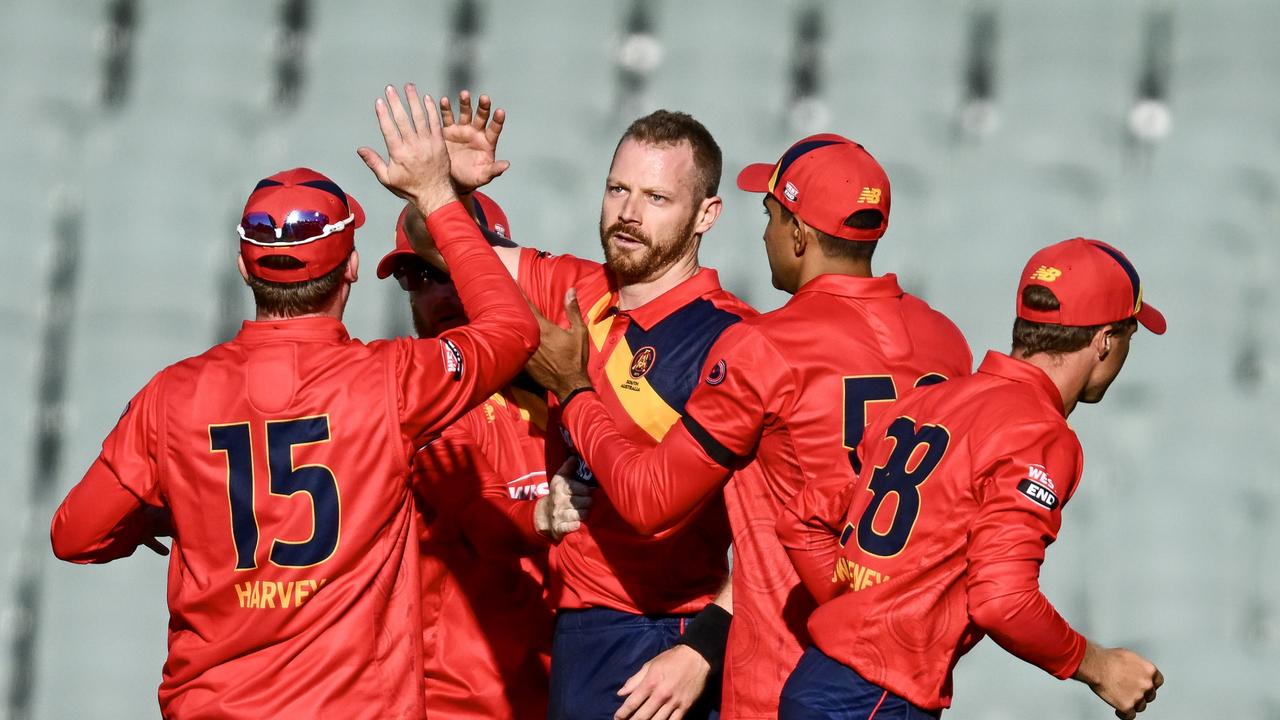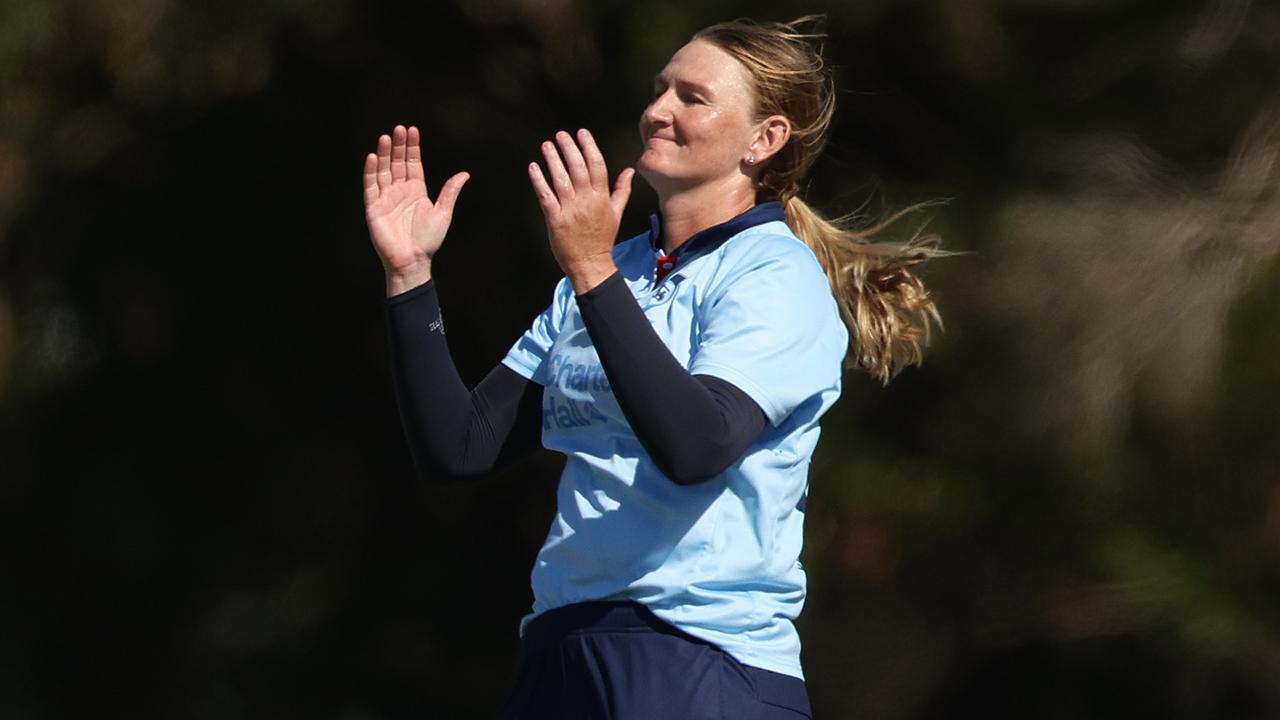Tim Paine: Why Australian cricket team selector critics have it wrong on George Bailey
Selection crises and controversies are the talk of the town heading into the Boxing Day Test but as TIM PAINE writes if the team isn’t winning, the selectors’ jobs are on the line, too.
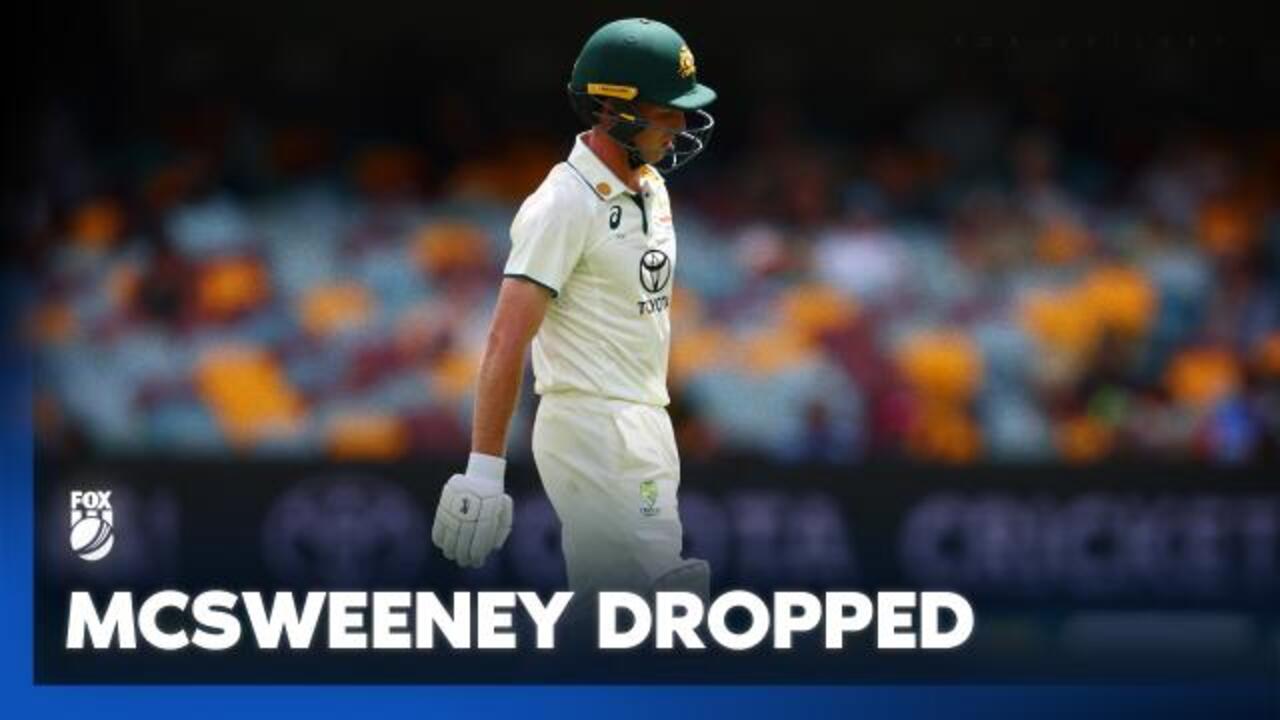
During the week I had to tell D’Arcy Short that he wouldn’t be playing in the Adelaide Strikers’ first Big Bash League match of the season, which was also my first since being appointed as the team’s head coach.
I know D’Arcy well. We played together for Australia and the Hobart Hurricanes. We’ve had a good relationship for a long time.
That doesn’t mean I’m going to pick him for every game though. But it meant that when delivering the news I had an understanding of how to best communicate it to him and could frame the message in a way that he could use productively.
I told him that we are lucky to have a player of his calibre sitting on the bench, and that there will be a role for him to play as the season goes on.
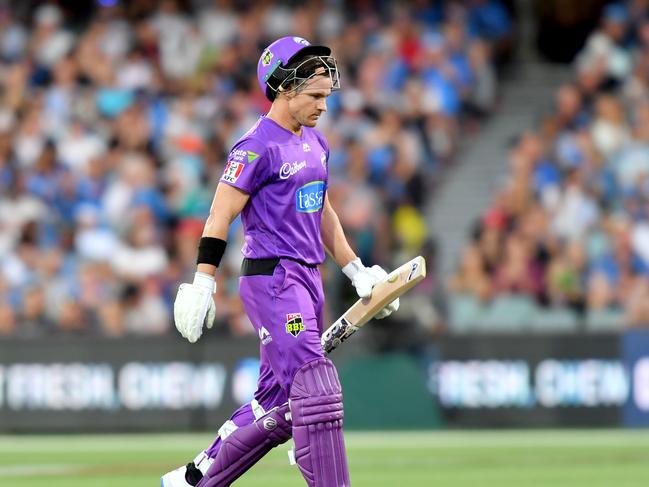
No one wants to be dropped from any side, and when I was a player it wouldn’t have mattered personally how the bad news had been conveyed.
Coming through the pathway in Tasmania, a coach by the name of Michael Farrell was an enormous influence and mate. But he was also a selector who dropped me from the Tigers side, an omission I clearly took well by throwing my bat 20 rows back into a grandstand at Bellerive!
The claim that selectors – in particular the panel’s chairman George Bailey – is too close to the team to be objective, is a view with which I strongly disagree.
This is not the 1980s anymore. For the majority of players, it is no longer acceptable to receive a phone call from someone who is effectively a stranger telling them that they’ve lost their job and “good luck from here”.
Players want and deserve regular feedback and communication, and proper informed reasoning from those who are making life-altering and often hugely public calls about their livelihoods.
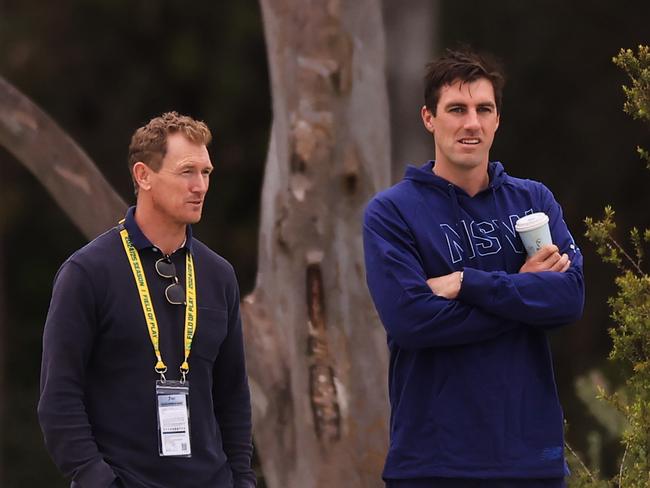
It has been a bugbear of players in years gone by that they didn’t really know where they stood. George has sought to change that.
Players would rather hear too much from those casting judgment on their cricket than not enough. This feels true for people in most jobs. If you are going to be sacked or made redundant, wouldn’t you rather it come from someone who knows the work you do than some distant bean counter?
But that’s not even the main point. The most important thing is that the selectors are picking the best team to fulfil the team’s key objectives, i.e. winning major series.
I understand why it may look funny from afar to see the chairman of selectors of one side shaking hands with the reserve wicketkeeper in a conga line after the game, but look beyond the optics and consider what he is really doing.
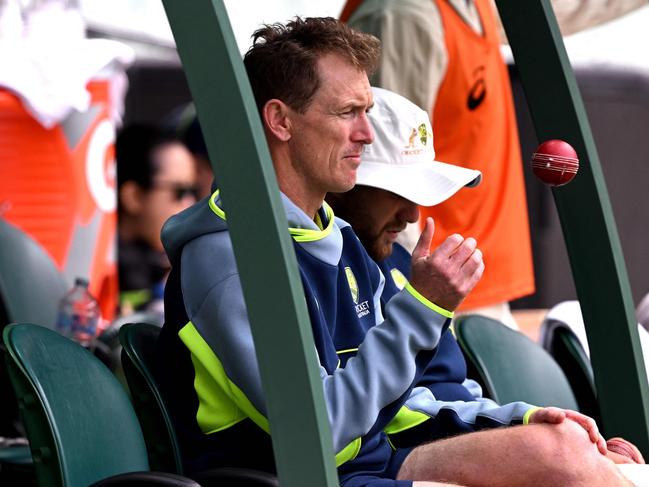
By sitting, travelling, staying, dining and playing golf with the players, George is able to get a better understanding of their characters and their psyche, which is good to know when weighing up whether to select a player for the pressures of international cricket. He can see how the players interact with each other, team dynamics, leadership capabilities and the like.
He is just like any other member of staff, meaning he can glean everything, good, bad or otherwise. If a player is struggling, there is no hiding from a selector that close. In that respect the scrutiny is even greater than it might otherwise be if George was just sitting in a suit watching from a corporate box at arm’s length.
By being in the inner sanctum and working closely with the captain, coaches and high performance staff, a selector can get a better gauge of what is needed to win. While all selections are educated guesses to a degree, anyone can just pick a team off a spreadsheet. The whole point of being in the weeds is to appreciate the nuances. And while these selectors have been reasonably loyal to certain players, they have made tough calls too: dropping Mitchell Starc and Alex Carey at World Cups and axing Travis Head before the first Test in India last year.
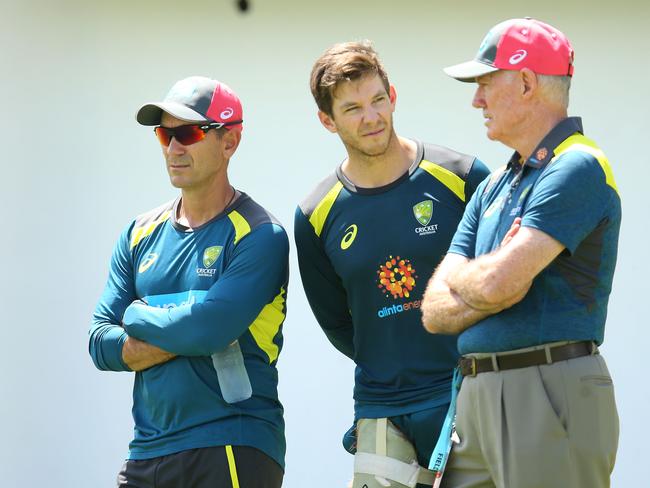
When you really boil it down, suggesting that the selectors are too close is calling into question their objectivity. Let’s just step back for a moment and consider what that really means.
Do you really think that George would look to jeopardise the results of the team just to make sure his mates are playing? Frankly, it is ridiculous. The selector’s jobs are on the line, too. If the team isn’t winning, they too will be in the gun. They do not treat the Australian cricket team as their plaything. It is a serious responsibility and one I know they treat with due respect.
Judge the selectors on the team’s performance, not their method.



